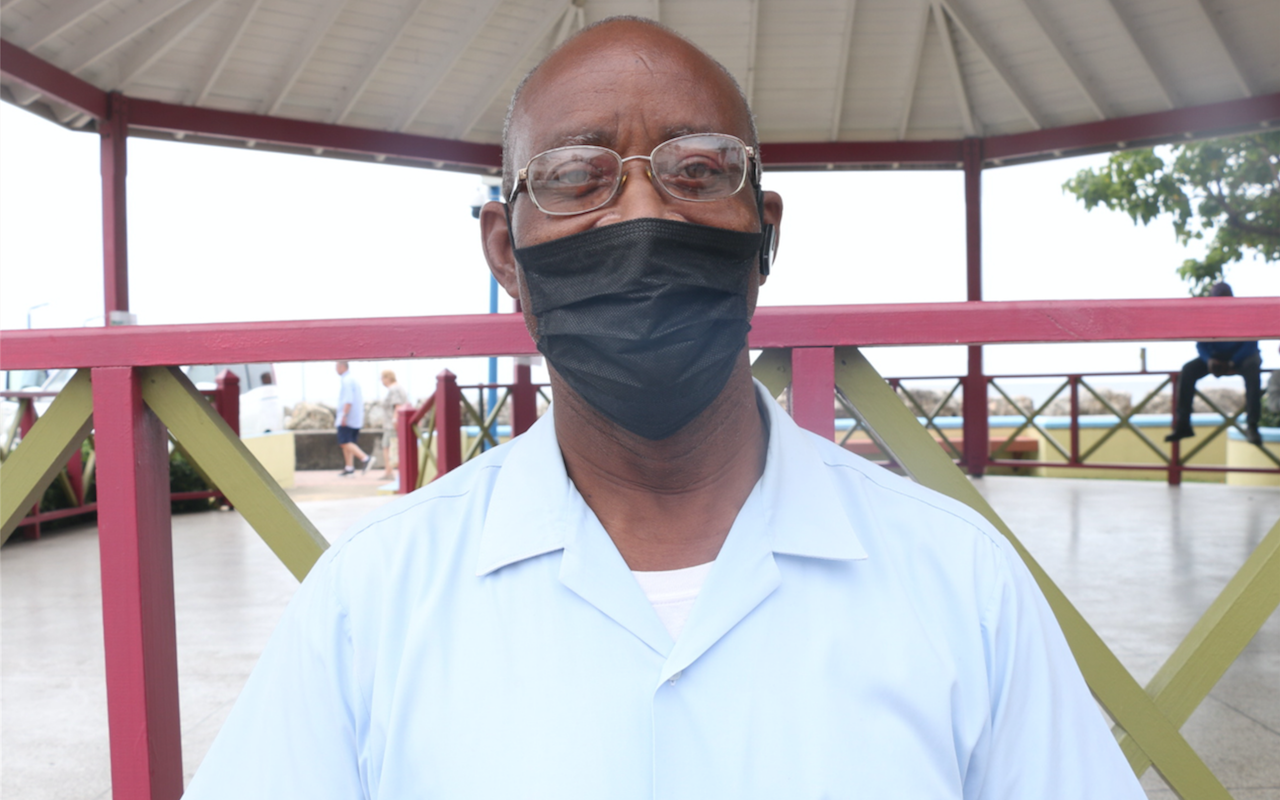Already feeling the impacts of rising oil and food prices and expecting that things could get worse, some taxi and public service vehicle (PSV) operators are calling on the Mia Mottley administration to put something in place to help them cope.
In fact, they suggested that Government could remove the annual registration fee for them, which was set at 50 per cent of their existing road tax.
In 2018, Government abolished the road tax for private and commercial vehicles, and replaced it with a fuel tax. However, owners of commercial vehicles were made to pay an annual registration fee.
Taxi operator Ian Cox said he believed Government should give consideration to removing the $250 he now pays in registration fee or increase taxi fares, given that gas prices have increased over the years while taxi fares have not moved since 2008.
“It [increase in gas price] has been affecting me for a while and now that it is increasing it is affecting me more. We taxi [operators] pay road tax and the private vehicle owners don’t, so we end up paying a lot more in a sense,” said Cox.
“I am in a job where I cannot do anything else but put it [gas] in. I am a taxi guy so I got to work. There is no way I can try to mitigate it. I got to work so I got to put it in,” he said.
He said although business was beginning to look up, the Russian invasion of Ukraine will likely wipe out any progress due to a continued rise in gas and other commodity prices. Several experts have already warned that gas prices will continue to rise as the Russia-Ukraine conflict drags on.
The latest increase in gas and diesel prices locally came from midnight, Sunday, March 6, with gasoline jumping 14 cents to reach $4.13 per litre, diesel went up 17 cents to $3.46 per litre.
Joel Forde, who was taking a group of tourists to the north of the island, told Barbados TODAY the rising gas prices have also been impacting his taxi business for some time.
“We have to pay road tax [an annual registration fee] every year and still we have to pay for it in the gas so it is affecting us double. Up to this morning I went to the pumps and normally when I fill up they would charge me around $180, and this morning it went to $205,” he said.
“From the Government end they need to stop the registration fee because we paying for it in the gas already. That would help,” he said, adding that Government should also seek to absorb the increase in gas prices.
Forde, who admitted that he only drives when he needed to, said cutting back on how much one consumes or spends on food would be difficult for some since some familes were already unable to spend much.
Several residents in the north of the island said they were already feeling the pinch from rising commodity prices.
Nigel Best is one of those residents who lives in St Philip but travels to the north of the island for work. He told Barbados TODAY the amount of money he spends on gasoline for his vehicle has been on the increase for some time.
He explained that while it will be difficult for residents, they will have to play a part by cutting back in some areas of their spending and putting the brakes on unnecessary driving.
However, with food and other commodity prices expected to continue to go up once the war between Russia and Ukraine persists, he said it would help if Government provides an ease for businesses through a reduction in the taxes and businesses could then absorb the price increases.
“What the government can do is probably encourage the business sector how they can cut back on their prices to help the economy. But, it is very difficult because once the prices increase the business will want to pass it on to the consumers . . . Those businesses will have to try hard to mitigate the impact so they don’t pass on the price to the consumers. I don’t know how they could get it done but that is the way out,” explained Best.
“Also, Government will have to try and reduce some taxes to the businesspeople – reduce the taxes and tariffs at the port – so that they can be able to help the consumers,” he added.
Best, a Ministry of Health employee, believes it is time Barbadians also take the issue of food security seriously and start growing more of what they consume.
Meanwhile, some PSV operators in the north of the island told Barbados TODAY they were not expecting any improvement in gas and diesel prices any time soon or any action on the part of government to provide an ease.
“Right now, things will never improve,” said one man.
“Yesterday my diesel bill was $285. It used to be $220. In here real rough man. I don’t know how this here gine work out,” added one PSV operator.
Most of them said the situation was compounded by them being removed from the main road into the Speightstown bus terminal. In fact, one man explained that the number of passengers they were able to get in a certain timeframe while on the road had dwindled with them being in the terminal.
Some of them said they were prepared to strike if conditions did not improve for them soon. marlonmadden@barbadostoday.bb




